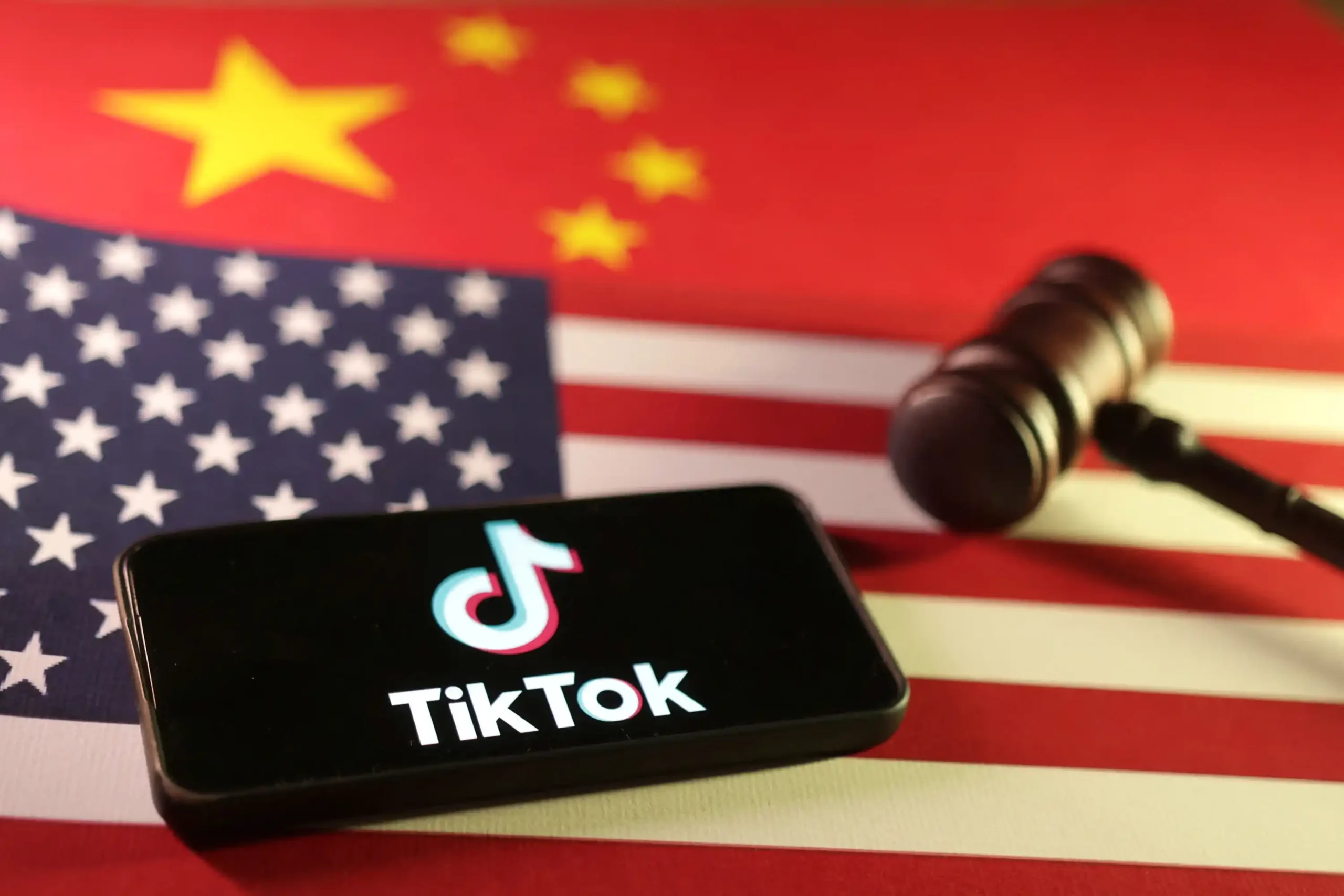In the coming days, the United States may make one of its most pivotal decisions regarding social media. The Supreme Court is set to hear arguments about TikTok’s future in the country. What are the potential outcomes, and how might they impact millions of users, the economy, and national security?
Why Is TikTok Facing a Ban?
On January 19, 2025, a law banning TikTok in the U.S. is set to take effect. Congress passed the law with overwhelming bipartisan support, citing national security concerns. Lawmakers argue that the Chinese government could gain access to American user data through TikTok’s parent company, ByteDance.
ByteDance has been fighting the ban, claiming it violates the constitutional right to free speech. However, federal courts have consistently rejected these appeals, leaving the Supreme Court as the platform’s last hope.
Three Possible Scenarios
- The Ban Takes Effect as Planned
The Supreme Court may deny TikTok’s appeal, allowing the ban to proceed on January 19. Many legal experts, including Jim Gibson from the University of Richmond, believe this outcome is the most likely. Congress has made it clear that the law is a matter of national security, and courts often defer to legislative authority in such cases.If this happens, TikTok would be forced to shut down operations in the U.S. immediately. The platform’s 170 million users would lose access, and countless influencers who rely on TikTok for income could face financial hardships. ByteDance has already announced plans to refund advertisers for unused campaigns. - A Temporary Suspension of the Law
In this scenario, the Supreme Court could issue an injunction to delay the ban while it deliberates further. Former President Donald Trump, whose administration will take office on January 20, has called for such a pause, proposing to use the time to negotiate a solution, such as selling TikTok’s U.S. operations to an American buyer.However, there are significant challenges to this approach. China has prohibited the export of TikTok’s algorithm, complicating any potential sale. Furthermore, the Supreme Court is not obligated to align with political interests, and experts doubt the justices would grant this delay purely to accommodate a future administration. - The Law Is Deemed Unconstitutional
If the Supreme Court sides with TikTok, the ban would be nullified. The platform could continue operating in the U.S., and similar measures against other foreign companies would likely be scrutinized. However, for this outcome to occur, the court would need to find a clear constitutional violation. If the justices opt for this route, they are expected to announce their decision before January 19 to avoid causing irreversible damage to TikTok’s business.
Why Does This Matter?
The Supreme Court’s decision will not only determine TikTok’s fate but also set a precedent for how the U.S. handles conflicts between national security and global technology companies. Striking a balance between safeguarding privacy and upholding freedom of speech is a critical issue that extends beyond this single case.
TikTok’s future in the U.S. remains uncertain. Whether the ban is enforced, delayed, or overturned, each outcome carries significant risks and implications. For users, influencers, and the company itself, the hope is that a viable solution will emerge in the days ahead.


















